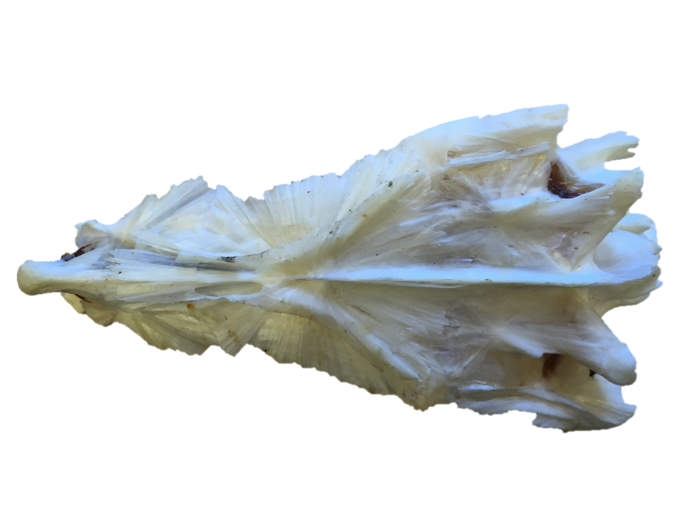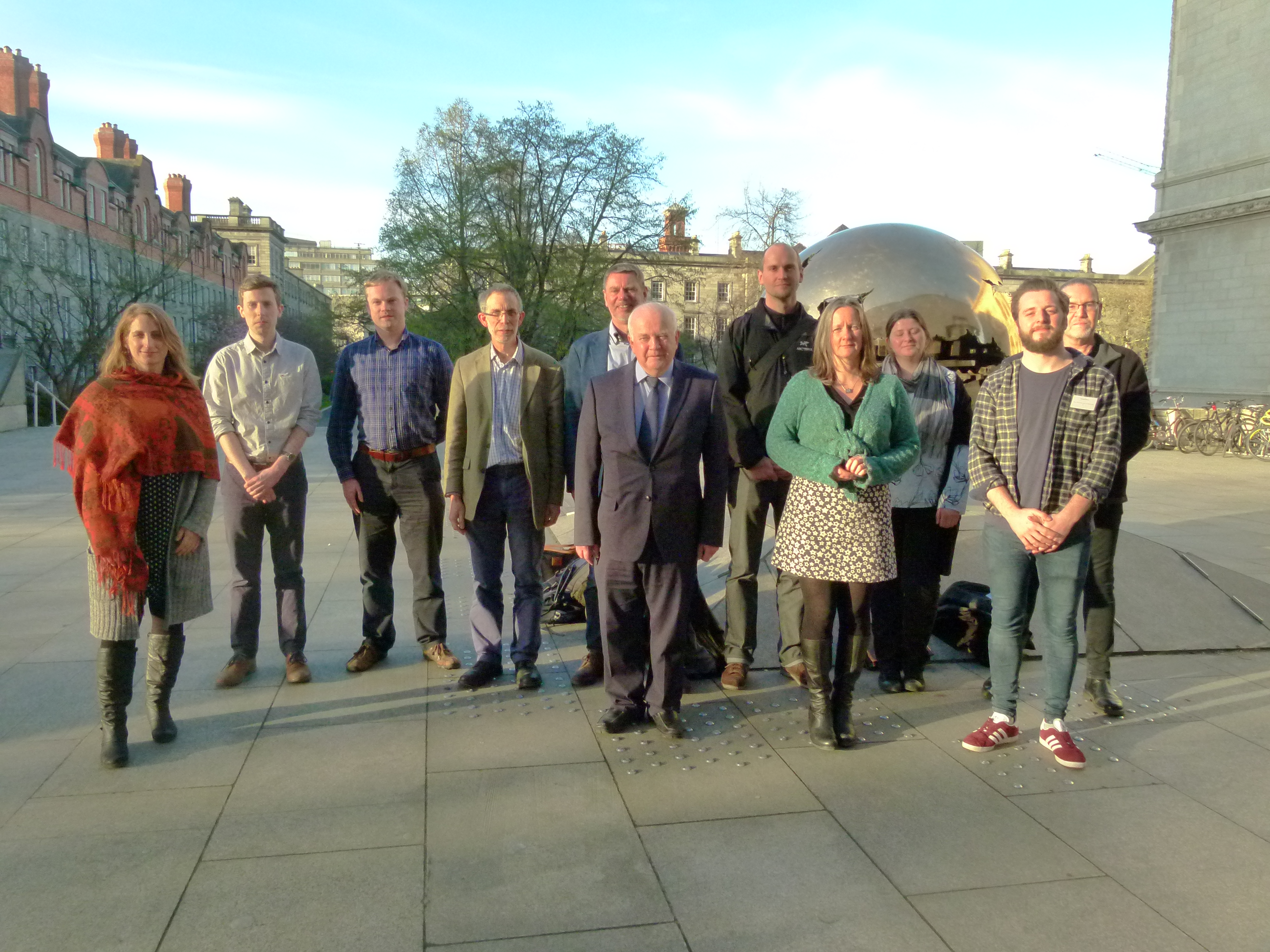September 2017
by Dr. Dara Fleming-Farrell
At the end of the 15th century King Edward VII granted letters patent allowing John Cabot to sail “to all parts, regions and coasts of the eastern, western and northern sea…find, discover and investigate whatsoever islands, countries, regions or provinces of heathens and infidels…in what part of the world soever the be, which before this time have been unknown to all Christians.” In 1497 Cabot set sail from Bristol on a voyage of discovery to lands to the West (North America); returning later that year with tales of waters so abundant with fish that they slowed ships and could be caught by the basket full.  News of Cabot’s discovery spread quickly and fishermen from across Western Europe replicated this journey to exploit the codfish fishery off the coast of Newfoundland. European fishermen exploited the Newfoundland fisheries to such an extent that the early-modern world witnessed a Fish Revolution; whereby fish as a resource transitioned from being high-priced and in limited supply to being low-priced and abundant supply. The Fish Revolution had multifaceted effects on the early-modern world influencing politics, war, protectionism, consumption patterns, and settlement dynamics.
News of Cabot’s discovery spread quickly and fishermen from across Western Europe replicated this journey to exploit the codfish fishery off the coast of Newfoundland. European fishermen exploited the Newfoundland fisheries to such an extent that the early-modern world witnessed a Fish Revolution; whereby fish as a resource transitioned from being high-priced and in limited supply to being low-priced and abundant supply. The Fish Revolution had multifaceted effects on the early-modern world influencing politics, war, protectionism, consumption patterns, and settlement dynamics.
NorFish, an European Research Council (ERC) Advanced Grant led by Prof Poul Holm in Trinity College Dublin, focuses on the premise that a 16th century shift in marine fish pricing and supply in conjunction with the Little Ice Age and lowering of sea temperatures not only rise to the North Atlantic Fish Revolution but also forms one of the first documented examples of the disrupting effects of globalisation and climate change. The project examines the role of the Fish Revolution for a range of inter-related aspects of North Atlantic history, with NorFish’s interdisciplinary team drawing on archaeology, history, cartography, geography, and ecology to develop interpretative frameworks that synthesise a broad spectrum of source data to assess the overall objective of the project.

NorFish focuses on several fundamental areas relating to the overall research premise, these include: cartographic representation; regional productivity; trade patterns; trading monopolies; market integration; provision of marine protein for human consumption; impact of food culture on marine protein consumption (North vs South Europe); the impact of environmental and climate change on catch numbers; and the changing dynamics of settlement patterns on both sides of the North Atlantic. A key aspect of NorFish is to evaluate the impact of global climate change on political, economical and societal strategies and to examine the Fish Revolution in the larger context of Environmental Humanities as a distant mirror for today.
The core research team currently working with NorFish consists of Prof. Poul Holm, Dr Francis Ludlow, Dr Kieran Rankin, Dr Cordula Scherer, Patrick Hayes, Al Matthews, and Richard Breen; along with external collaborators Dr Charles Travis (University of Texas, Arlington), Dr Kevin Lougheed (King’s College London), Dr Robert Legg (Northern Michigan University), and Dr Bernard Allaire. NorFish is also actively collaborating with a number of other research projects that examine North Atlantic fishing.